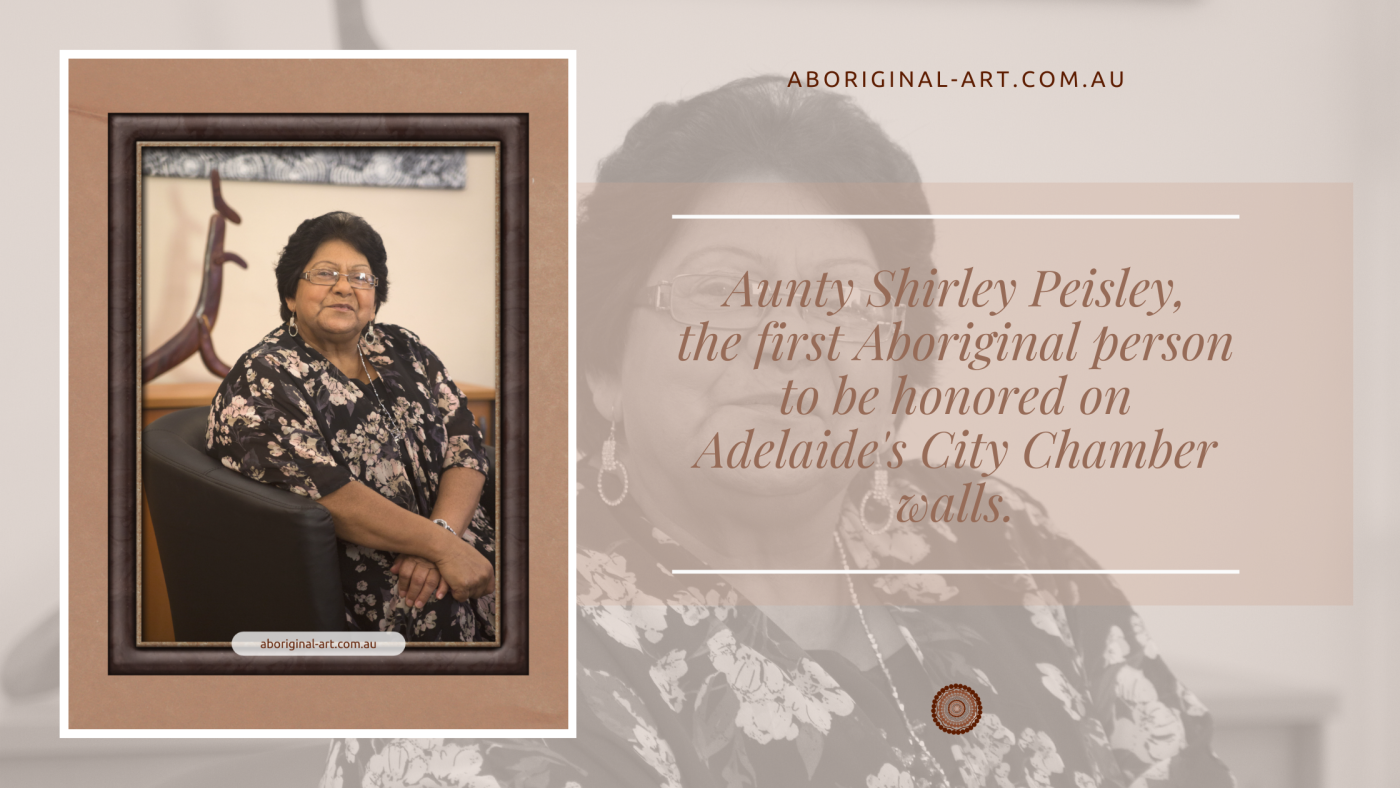Arts and Culture
The first Aboriginal person to be honored on Adelaide’s City Chamber walls.

The Adelaide Town Hall has recognized Ngarrindjeri and Boandik elder, Aunty Shirley Peisley, on its chamber walls, making her the first Aboriginal person to receive such recognition.
A portrait of Aunty Shirley, taken by Aboriginal artist Ali Gumillya Baker, was unveiled on Friday, as part of an initiative to include a series of portraits of prominent women in council chambers.
Aunty Shirley, a fierce advocate for Aboriginal rights, has worked tirelessly for over six decades to promote and protect Indigenous rights.
Her work contributed significantly to the 1967 referendum that recognized Aboriginal and Torres Strait Islander people as Australian citizens and gave the Commonwealth the power to make laws for Indigenous Australians.
Throughout her life, Aunty Shirley has worked to build bridges between Indigenous and non-Indigenous communities.
She was the first female Aboriginal Probation and Truancy officer, working in the Youth Court in the 1970s, and in 2000, she received an Order of Australia Medal for her services to the Aboriginal community.
Aunty Shirley’s portrait on the chamber walls of the Adelaide Town Hall is a fitting tribute to a woman who has devoted her life to advancing the cause of Indigenous Australians and promoting reconciliation between Indigenous and non-Indigenous Australians.
Her legacy will continue to inspire future generations to work towards a more just and equitable society.
Aunty Shirley Peisley’s lifelong commitment to Aboriginal rights and reconciliation between Indigenous and non-Indigenous communities has earned her a place on Adelaide Town Hall’s chamber walls.
Her portrait serves as a reminder of the important contributions Indigenous Australians have made to Australia’s history.
The tireless efforts of Aunty Shirley have helped pave the way for future generations of Indigenous Australians.
Her legacy will continue to guide Australians towards a more equitable and inclusive society.